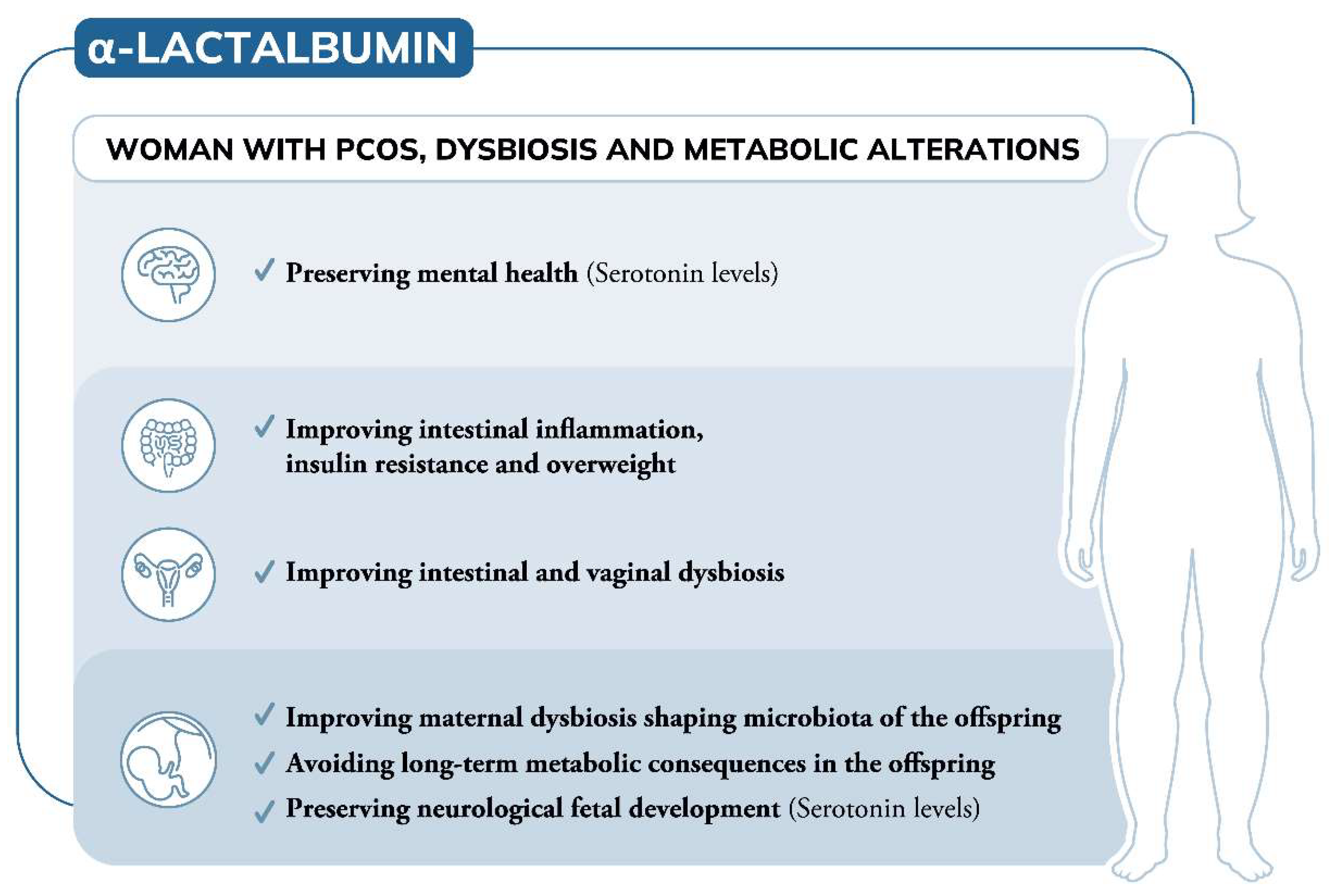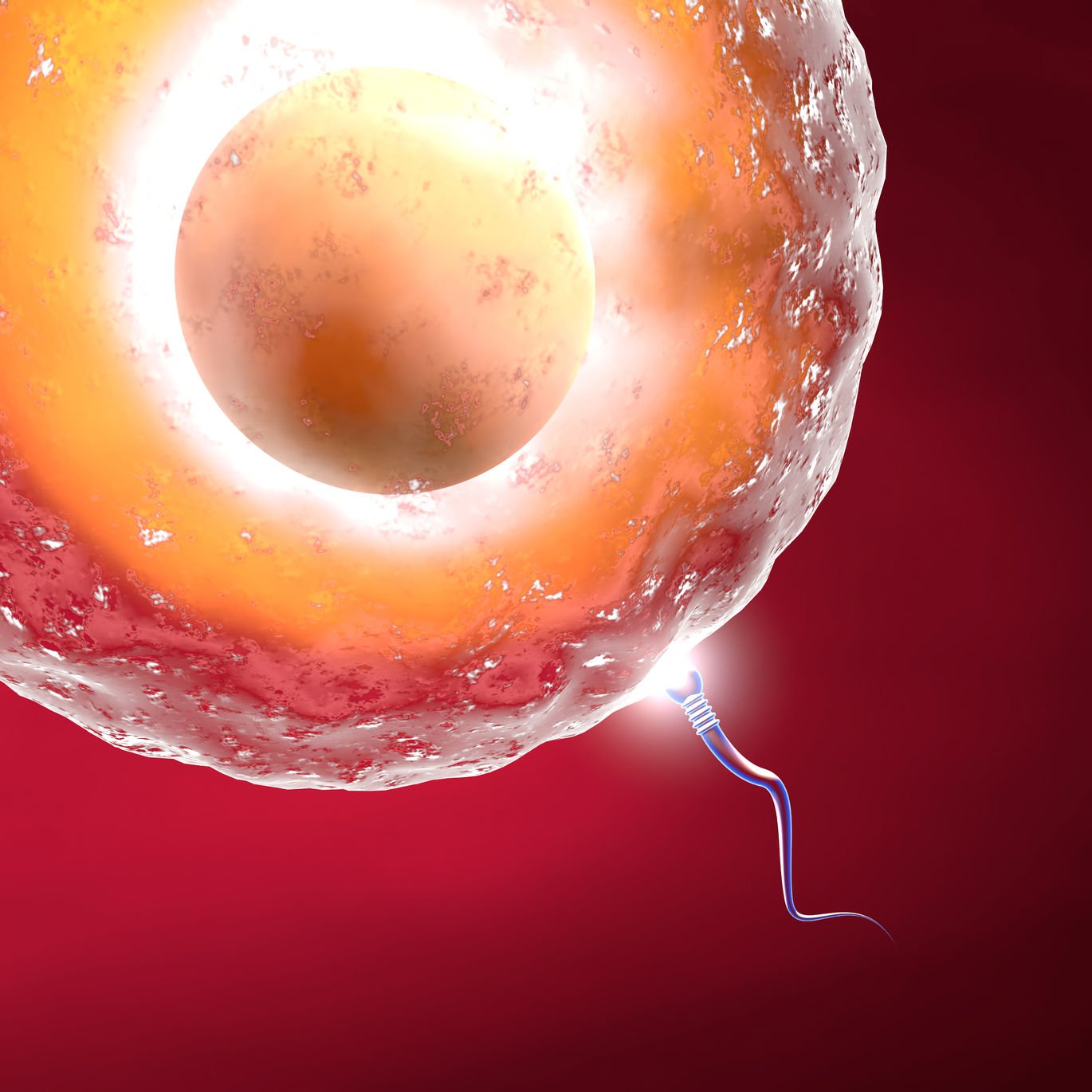Fat tissue in women with polycystic ovary syndrome produces an inadequate amount of the hormone that regulates how fats and glucose are processed, promoting increased insulin resistance and inflammation, glucose intolerance, and greater risk of diabetes and heart disease, according to this study.
Fat tissue is the body’s largest hormone-producing organ, secreting a large number of hormones that affect appetite, bowel function, brain function, and fat and sugar metabolism. One of these hormones is adiponectin, which in sufficient quantities encourages the proper action of insulin on fats and sugars and reduces inflammation. Women with PCOS produce a smaller amount of adiponectin than women who do not have the disease, in response to other fat-produced hormones, according to the research to be published in the February issue of Journal of Clinical Endocrinology and Metabolism.
While Polycystic Ovary Syndrome is often associated with obesity, women with the disorder are not necessarily more likely to be overweight. In fact, in the study, adiponectin was lacking in PCOS patients whose weight was considered to be in a healthy range, as well as in those patients who were overweight.
PCOS also can cause symptoms such as irregular ovulation and menstruation, infertility, excess male hormones, excess male-like hair growth (hirsutism), and polycystic ovaries. About two-thirds of women with PCOS have insulin resistance, an impairment in the effectiveness of the hormone insulin, which regulates the body’s utilization of fats and sugars, and which results in a higher risk for diabetes, metabolic syndrome, and cardiovascular disease.









